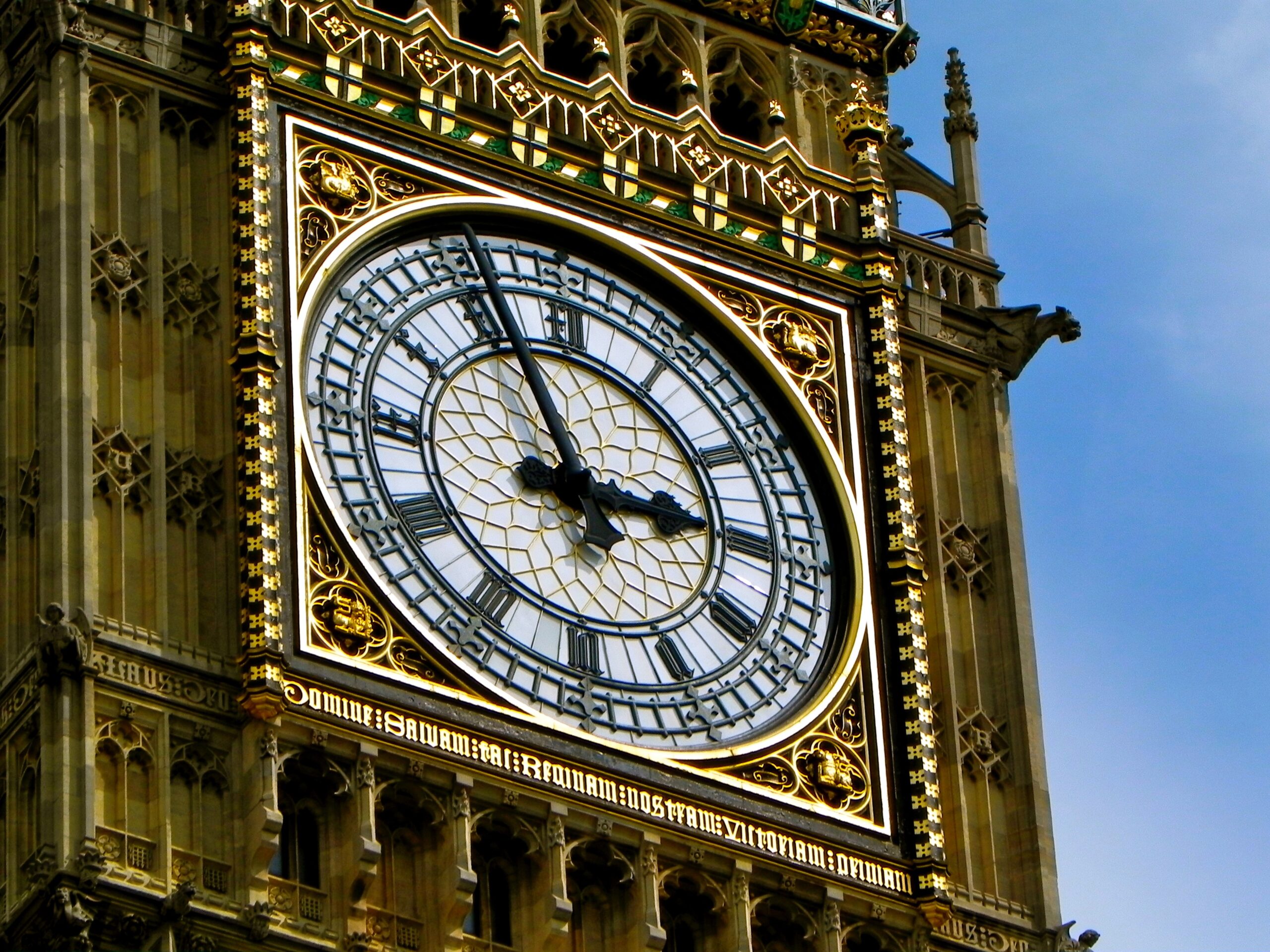 19 Mar
19 Mar
On 22 September, ahead of the Domestic Abuse Bill returning to Parliament, members of the House of Lords will hear directly from migrant women survivors. In an event organised by the London Victim’s Commissioner, Claire Waxman, with the participation of the Domestic Abuse Commissioner, Nicole Jacobs, Peers from the House of Lords will hear first-hand experiences of the multiple and overlapping barriers which migrant women face when fleeing abuse.
Gill, a survivor and campaigner from the Latin American Women’s Rights Service, says:
“When I fled abuse and sought support, my immigration status was prioritised by the police over the domestic abuse I was suffering. From my experience, I know that the lack of protections for migrant women within the Bill will enable perpetrators to exert abuse towards migrant women. This Bill is a great chance for the Government to guarantee safety for all survivors, regardless of our immigration status.”
T, a survivor from Southall Black Sisters says:
“I came to the UK in 2006 on a Tier 2 visa as my husband’s dependant. I got a job in a care home. At home, my husband was very violent towards me many times, but he told me not to tell anyone and if I did, he would tell the police I was no longer married to him and I would be deported. I hoped that things would get better, but it got worse. I was eventually thrown out of my home and I lost my job. I have lived in a state of fear, depression and destitution for 14 years. My immigration status is still not sorted out. I want to tell my story to explain the experiences that we women go through because of our immigration status. I believe every woman deserves to be protected from violence.”
The Domestic Abuse Bill has been presented as a landmark piece of legislation. However, in its current form, the Bill fails to meet the Government’s international and domestic human rights obligations, including the requirements of the Istanbul Convention. As the Bill moves through the House of Lords, the Government has an opportunity to make it truly transformational piece of legislation. To do so, it must provide provisions to protect the most vulnerable victims, migrant women.
At the event, representatives from the Latin American Women’s Rights Service, Southall Black Sisters and the End Violence Against Women Coalition will present their proposed key recommendations and amendments to ensure migrant women are protected by the Domestic Abuse Bill.
Gisela Valle, Director of the Latin American Women’s Rights Service says:
“The Domestic Abuse Bill in its current form fails to fulfil the government’s commitment to tackle this horrendous crime and to treat survivors as victims first and foremost. As the stories from survivors presented to members of the House of Lords well illustrate, women with insecure immigration status face multiple and intersecting barriers when fleeing abuse and accessing protection. As the Bill moves to its second reading at the House of Lords, there is an opportunity to amend this piece of legislation to guarantee all women are protected, and all perpetrators are being held accountable.”
Pragna Patel, Director of Southall Black Sisters says:
“This Bill has singularly failed to include any meaningful measures that would allow abused women with unsettled immigration status routes to safety. In its current form, the Bill does not comply with the non-discrimination principle relating to migrant status in the Istanbul Convention which the government is about to ratify. Without this, the government cannot claim to have an inclusive and justice-focused approach to domestic abuse and gender inequality. The Bill should be guided not by immigration control imperatives but by the view that all women have a shared humanity and are equally deserving of protection.”
Andrea Simon, Head of Public Affairs, End Violence Against Women Coalition says:
“An unacceptable gap in the legislation is the lack of statutory measures to support migrant women who find themselves victims of domestic abuse. The government acknowledges the struggle migrant victims currently face in accessing life-saving support including refuge provision but falls short of guaranteeing all victims of domestic abuse can access support and protection equally, regardless of their immigration status. The House of Lords can close that gap in protection, and by doing so, ensure the UK meets the highest internationally recognised standards for the protection of women in the Istanbul Convention.”
More information on key recommendations to ensure migrant women are protected by the Domestic Abuse Bill can be found here: The Domestic Abuse Bill: Migrant Women Left Behind
Recommended ARTICLES
 19 Mar
19 Mar
 05 Mar
05 Mar
 27 Feb
27 Feb

